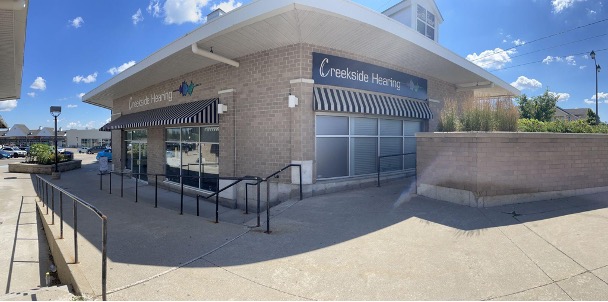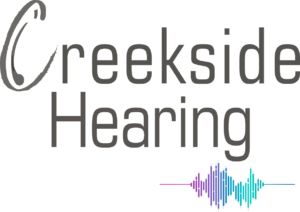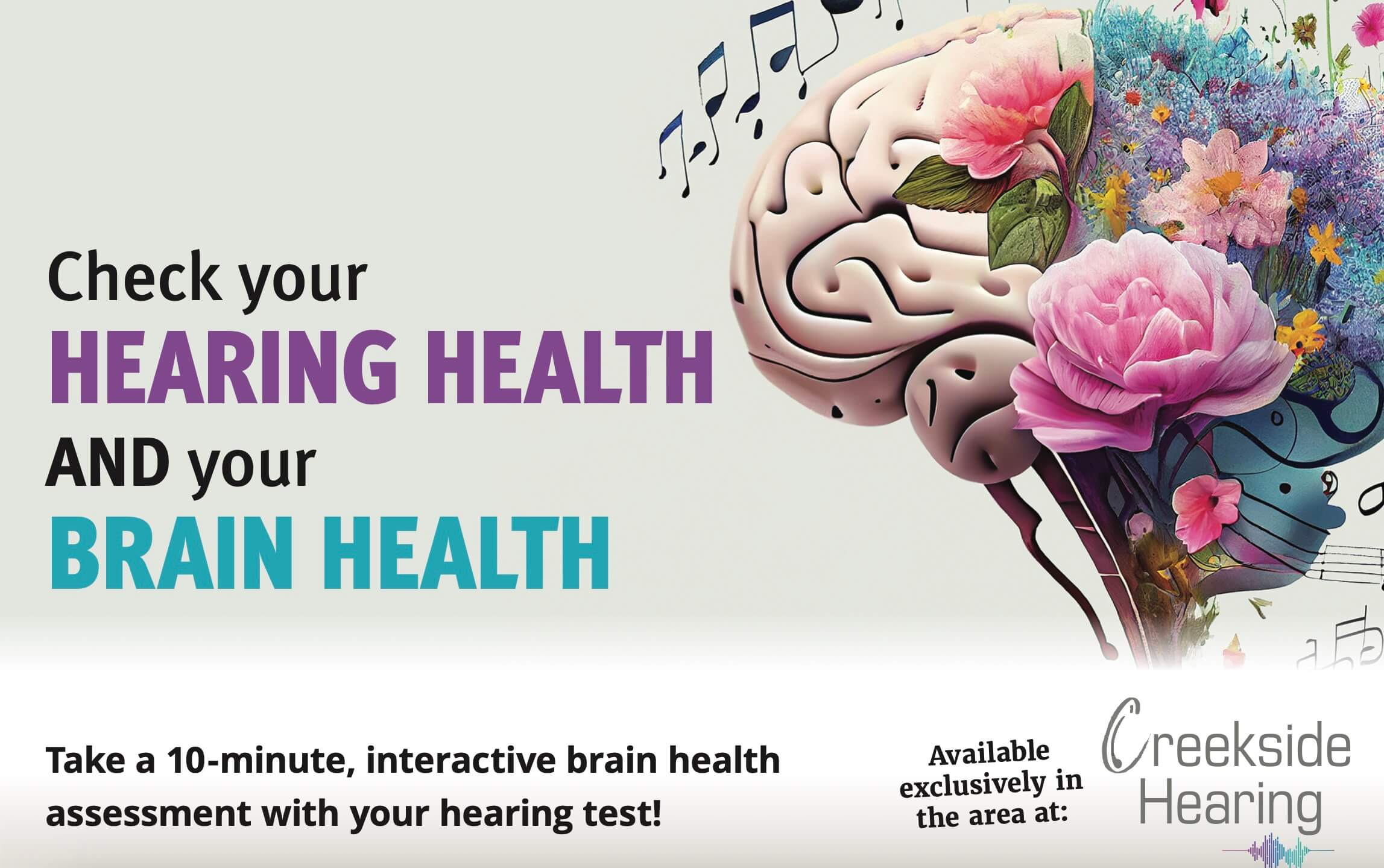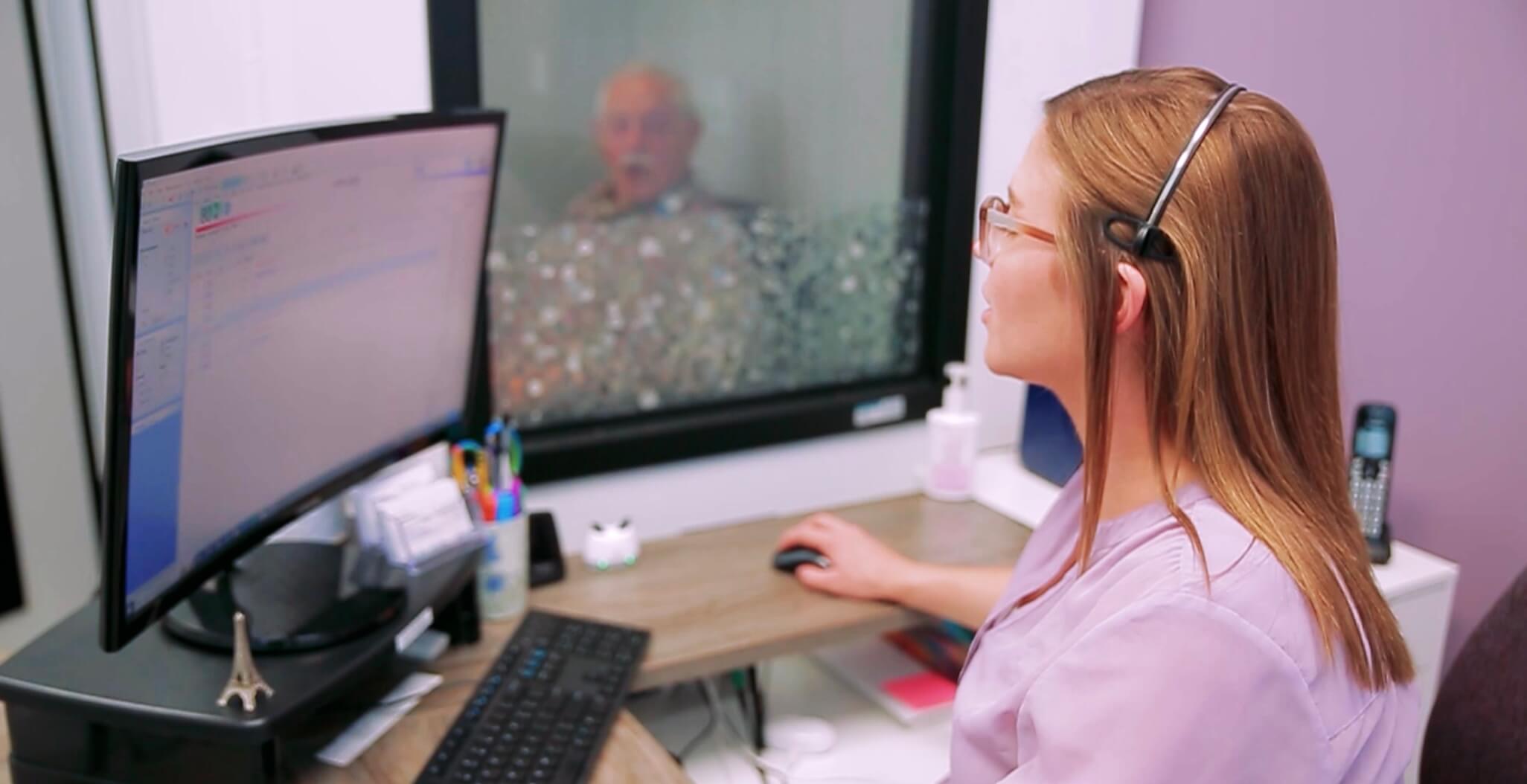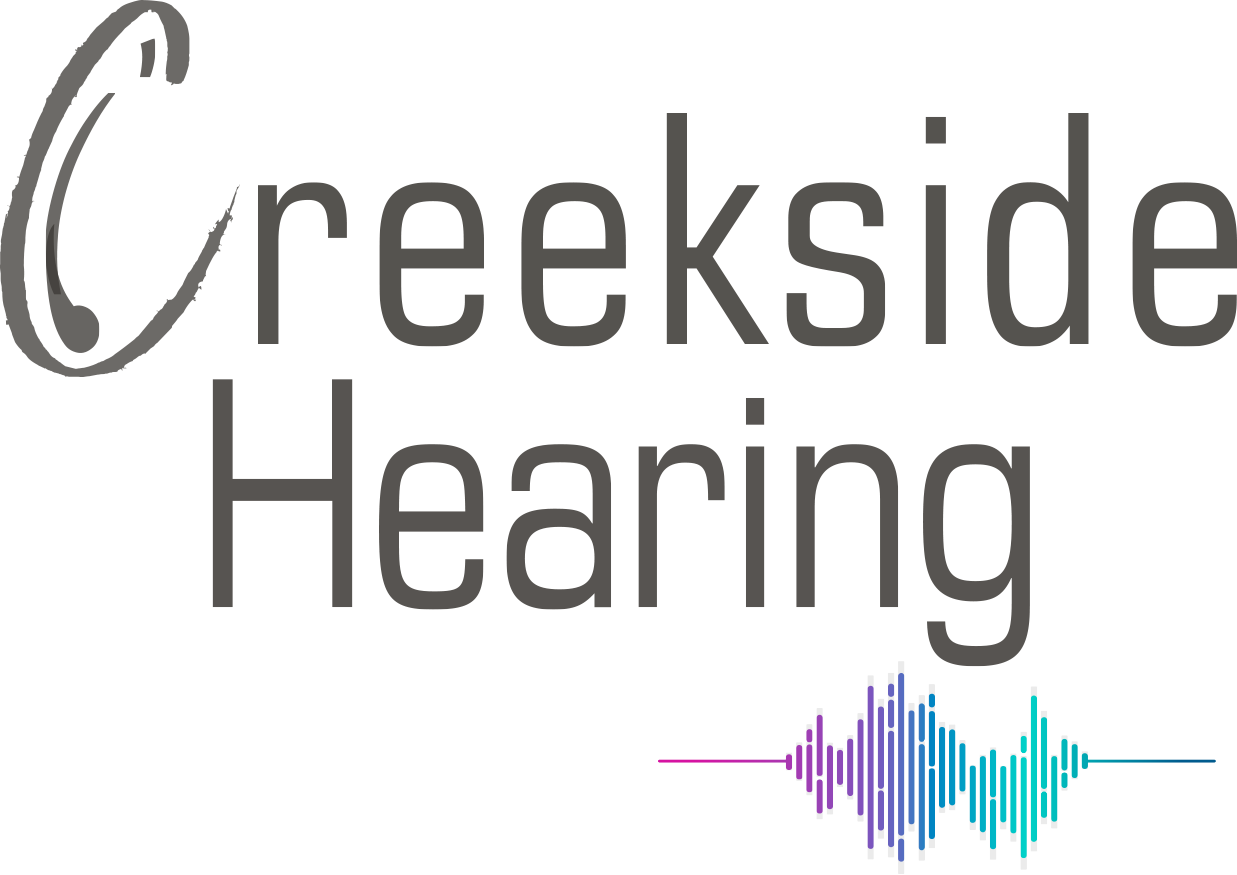
We are thrilled to share our expertise and begin blogging on informative topics on a regular basis. Our first blog topic is one that is near and dear to our hearts – the most common reasons for hearing loss. Whether it be visual otoscopy, a hearing device fitting, or a hearing evaluation, easier hearing is the foundation of each visit, and in order to provide the best services possible, it is important that our patients understand the root causes of hearing loss along with where their hearing loss may stem from.
Did you know hearing is one of the only senses that is constantly active – even when we sleep? Whether our hearing is being used for social interactions, family connections, or workplace productivity, hearing plays an important role in everything we do, every single day. Unfortunately, approximately 1.5 billion people worldwide are currently living with some form of hearing loss or tinnitus. So, with hearing being such a big part of our daily lives, follow along our blog to learn about the most common reasons for hearing loss and how our team at Creekside Hearing can help you enhance your quality of life by improving your hearing health!
1) Aging
Have you noticed your parents or grandparents having difficulties following along with conversations? Are they constantly increasing the volume on their TVs, phones, or tablets? Age-related hearing loss has been and continues to be one of the most common reasons for hearing loss, which often occurs gradually as a person gets older. It typically occurs in both ears and is due to changes in the inner ear and auditory nerve. This makes it harder for aging adults to tolerate loud sounds or to hear and understand what others are saying. As age-related hearing loss is often gradual, adults may not realize that they have lost some of their ability to hear. This makes it extremely important for aging adults to recognize when hearing loss has occurred, so they can take the steps needed to better maintain their hearing health.
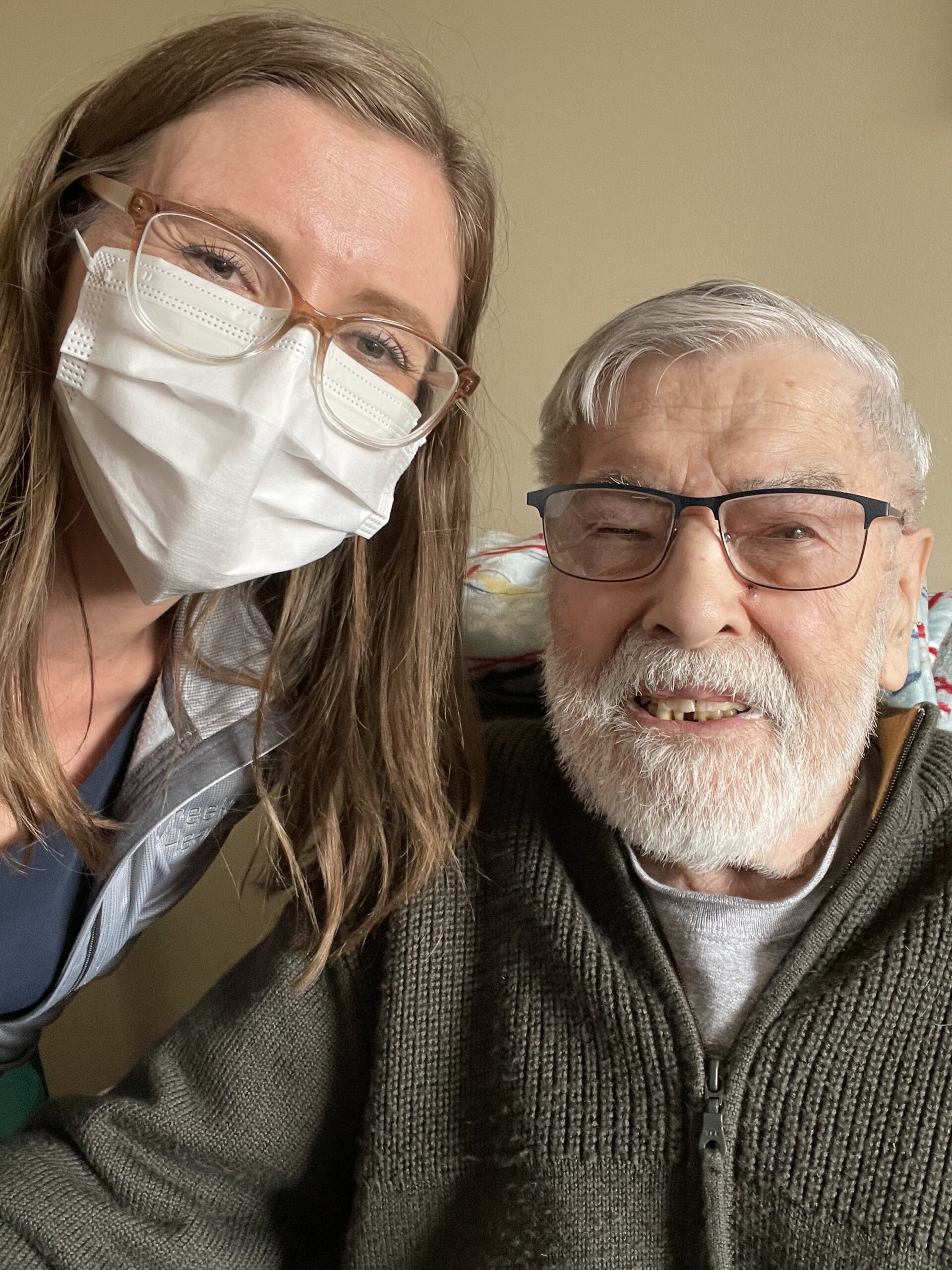
2) Family Genetics
Does hearing loss run in your family? Family genetics plays an important role in a person’s hearing health, making them more susceptible to hearing loss, particularly as they age. It is estimated that 35–55% of age-related hearing loss is genetic. Generally, newborn screening tests can detect genetic hearing loss, but it can also show up later in a person’s life.
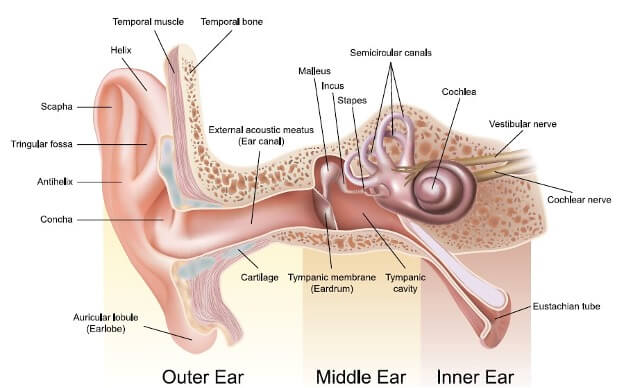
3) Persistent Noise Exposure
Think about the noise that you are surrounded by on a regular basis. Are you constantly exposed to loud equipment or blaring sounds? Exposure to loud sounds can damage the cells of the inner ear, which can negatively affect a person’s ability to hear. Damage can come from both long-term noise exposure or short-term blasts of noise such as a gunshot. Other examples of noise exposure include power tools and loud music, which can damage the hair cells in the cochlea, and over time, contribute to hearing loss. It is also important to note that both the volume and duration of the noise exposure will play a large factor in the severity of a person’s hearing loss.

4) Health Conditions
Health conditions present in older adults such as diabetes and high blood pressure can impact hearing health. Hearing loss is also linked to several other conditions such as Alzheimer’s disease, clinical depression, kidney disease, falls, heart disease, and many more. It is recommended that you have a hearing test at age 55, if not sooner, if any related noise or health conditions are known.
5) Earwax Buildup
Did you know that excessive earwax can also contribute to hearing loss? Earwax can build up, harden, and block sounds that are carried from the eardrum to the inner ear. Fortunately, total blockage is rare and treatment can help soften the wax, then it can be professionally removed.
6) Ototoxicity
If you or a loved one are taking medications on a regular basis, it’s important that you understand the symptoms and side effects that may arise. Ototoxicity occurs when a person develops hearing problems due to the use of certain medications. These medications are considered ototoxic and can cause damage to the ear which results in hearing loss, ringing in the ears, or balance disorders. There are over 200 known ototoxic medications (both prescription and over-the-counter), including medicines used to treat serious infections, cancers, and heart disease. Healthcare providers will take into account the effects of the medication on a person’s hearing, as well as discuss the effects it will have on a person’s daily life. The first sign of ototoxicity is ringing in the ears, also known as tinnitus, often followed by the development of hearing loss.

As there are currently millions of people worldwide living with hearing loss, we hope our blog provides you with valuable insight regarding the most common reasons for hearing loss, along with some signs to look out for! If you think you may be suffering from hearing loss and would like to get personalized care for your hearing health, then we at Creekside Hearing are here for you. From hearing tests, to hearing aids, to custom plugs, Creekside Hearing services are tailored to your personal hearing and lifestyle needs. Contact us at 519-885-0006 or at info@creeksidehearing.ca to learn more or to book an appointment with our team. We look forward to working with you!
